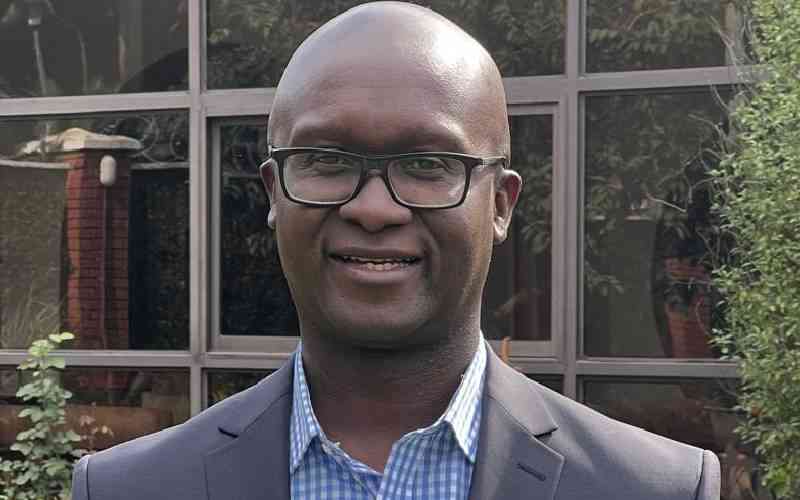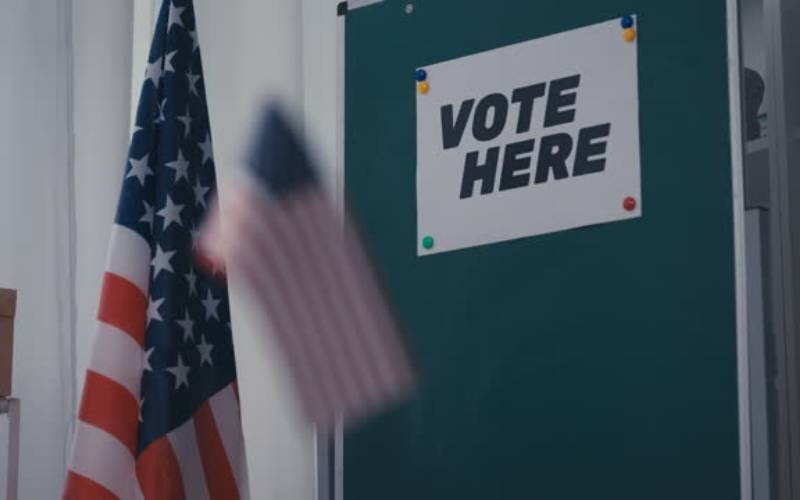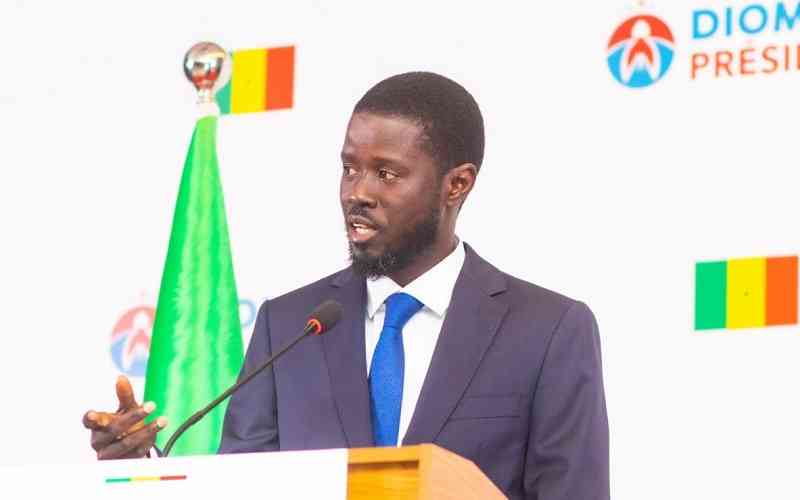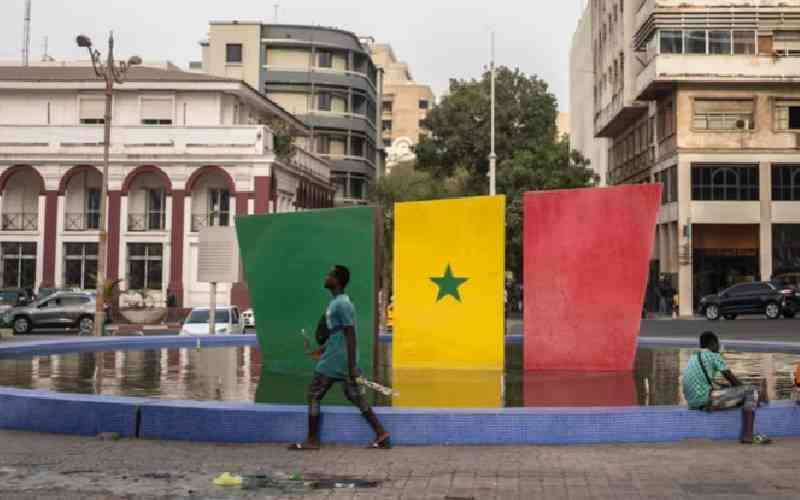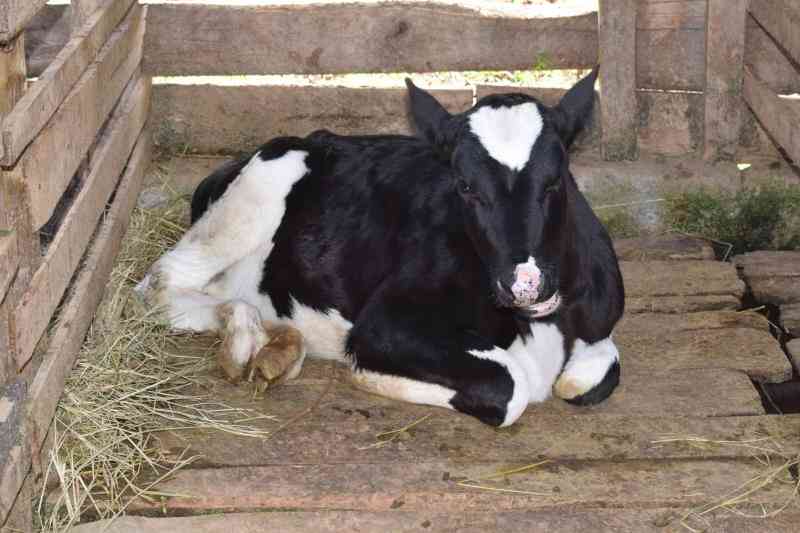Bujumbura, Burundi: Protesters burned a man alive in Burundi's capital on Thursday, saying he was a member of the ruling party's youth wing which had attacked them during their rallies against the president's bid for a third term, a witness said.
Tensions have been building on Bujumbura's streets for almost two weeks between protesters and police using tear gas, water cannon and, demonstrators say, live rounds. The police deny this.
The violence has plunged the African nation into its worst crisis since the end of an ethnically charged civil war in 2005, raising fears of fresh bloodshed in a region still haunted by the genocide in neighbouring Rwanda.
The chairwoman of the African Union bloc's Commission, Nkosazana Dlamini-Zuma, joined government opponents on Thursday in saying the situation had deteriorated so far that the June 26 presidential election should be postponed.
"Until there is peace in Burundi, we can't go for elections," she said on her Twitter feed. President Pierre Nkurunziza's spokesman said that was unnecessary as most of the country was calm.
Protesters said the victim of the burning was a member of the Imbonerakure youth wing of the ruling CNDD-FDD party, which they say has attacked them. The government has repeatedly dismissed charges that Imbonerakure is fomenting violence.
"They put tyres around his neck and then burned him," a witness told Reuters after seeing the man killed in the Nyakabiga district of Bujumbura.
Condemning the killing, presidential spokesman Gervais Abayeho said: "We don't want the situation to degenerate and take us back to those years when people were killed on the streets in broad daylight."
The Red Cross said a man was killed in that district, without saying how, and a woman had been killed in another area. Activists say at least 14 people have been killed since the protests erupted. Police give lower figures.
Calls for delays
Opponents say Nkurunziza's decision to stand again violates two-term limits set out in the constitution and the peace deal that ended Burundi's civil war - a conflict that pitted the ethnic Hutu majority against the Tutsi minority.
A constitutional court ruled on Tuesday that Nkurunziza's first term, when he was picked by lawmakers rather than by popular election, did not count. The opposition says the court is biased.
Several opposition figures say the vote should be delayed, provided the parliamentary and presidential elections now scheduled for May and June are held before Nkurunziza's current term expires on Aug. 26.
"It is needed," said presidential hopeful Agathon Rwasa, who like Nkurunziza once led a Hutu rebel group. "There is no security."
Nkurunziza said in a televised address on Wednesday that his next term, if he was elected, would be his last. He has called the protests an "insurrectional movement".
Stay informed. Subscribe to our newsletter
"We ask all those protesting against the third term to continue to demonstrate peacefully and show restraint," Gabriel Rufyiri, a prominent opposition activist, told Reuters.
Fearing a relapse into bloodshed, foreign ministers from the East African Community nations were in Bujumbura this week to discuss the crisis. A regional summit on Burundi is to be held in Tanzania on May 13.
Neighbouring Rwanda suffered a genocide in 1994 in which 800,000 people, mostly Tutsis and moderate Hutus, were slaughtered.
Almost 40,000 people, many of them Tutsis, have fled from Burundi to neighbouring states.
 The Standard Group Plc is a
multi-media organization with investments in media platforms spanning newspaper
print operations, television, radio broadcasting, digital and online services. The
Standard Group is recognized as a leading multi-media house in Kenya with a key
influence in matters of national and international interest.
The Standard Group Plc is a
multi-media organization with investments in media platforms spanning newspaper
print operations, television, radio broadcasting, digital and online services. The
Standard Group is recognized as a leading multi-media house in Kenya with a key
influence in matters of national and international interest.
 The Standard Group Plc is a
multi-media organization with investments in media platforms spanning newspaper
print operations, television, radio broadcasting, digital and online services. The
Standard Group is recognized as a leading multi-media house in Kenya with a key
influence in matters of national and international interest.
The Standard Group Plc is a
multi-media organization with investments in media platforms spanning newspaper
print operations, television, radio broadcasting, digital and online services. The
Standard Group is recognized as a leading multi-media house in Kenya with a key
influence in matters of national and international interest.

